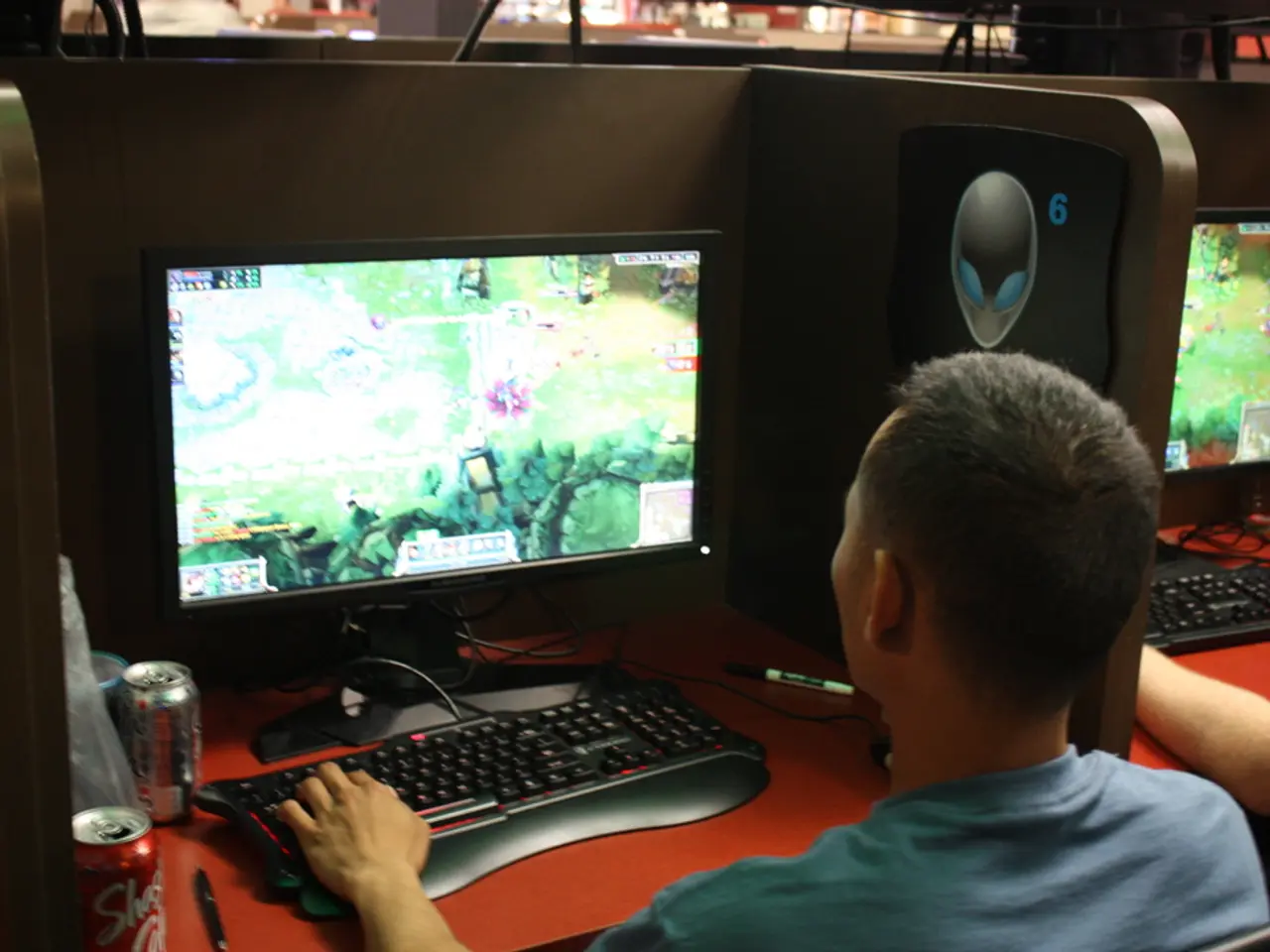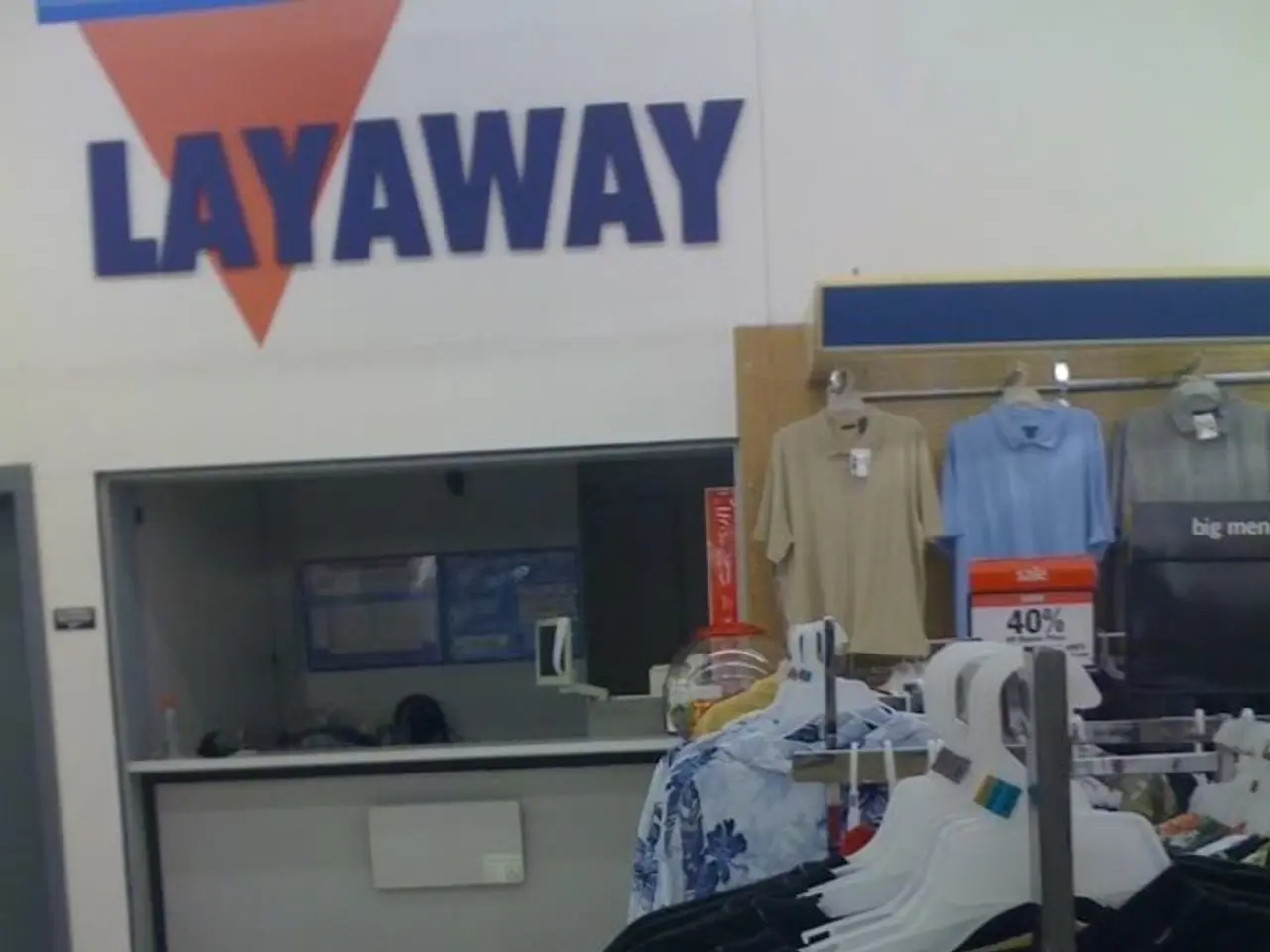Developers of Candy Crush ousted by the AI that fabricated them
In a move that has sparked intense debate within the tech industry, King, the mobile game studio behind the popular Candy Crush franchise, has reportedly replaced around 200 employees with AI tools they developed themselves. This event marks a significant shift in the gaming industry, where large-scale layoffs are increasingly associated with AI-driven operational efficiencies.
The affected roles at King include level designers, writers, and UX specialists, raising concerns about the displacement of creative and technical roles by AI. Notably, King used AI tools they developed internally to replace some of the laid-off workers.
This development forms part of a wider pattern in 2025, where major gaming firms such as Microsoft (including its Xbox and related studios), Warner Brothers (Monolith Productions), Ubisoft, and others have collectively laid off thousands of employees amid restructuring. Microsoft alone cut over 9,000 roles, mainly in gaming and cloud sectors, as part of a strategic push to invest heavily in AI.
The debate surrounding this trend involves ethical and economic dimensions. Proponents argue that AI increases efficiency and competitiveness in a challenging market, while opponents fear long-term harm to workforce stability and creative quality in games. The impact of AI-driven layoffs is now being felt by smaller and indie studios as well.
Critics argue that while companies frame these cuts as business necessities tied to "changing needs," "efficiency," and restructuring, they illustrate a growing reliance on AI to reduce headcounts, potentially at the cost of innovation, job security, and industry diversity.
King, a part of Microsoft's tech giant gaming division, is not alone in this shift. The restructuring plan at King's gaming division affects 9,000 jobs in total, reflecting a broader trend in the industry. As the gaming sector continues to evolve, the role of AI in shaping the future of creative work remains a topic of ongoing discussion.
Artificial intelligence has been utilized by King to replace a substantial number of jobs, including those held by level designers, writers, and UX specialists, raising questions about the future impact of AI on creative and technical roles in the gaming industry. This trend, fueled by companies' push for increased efficiency and competitiveness in a challenging market, has sparked an ongoing debate that encompasses economic and ethical dimensions.




